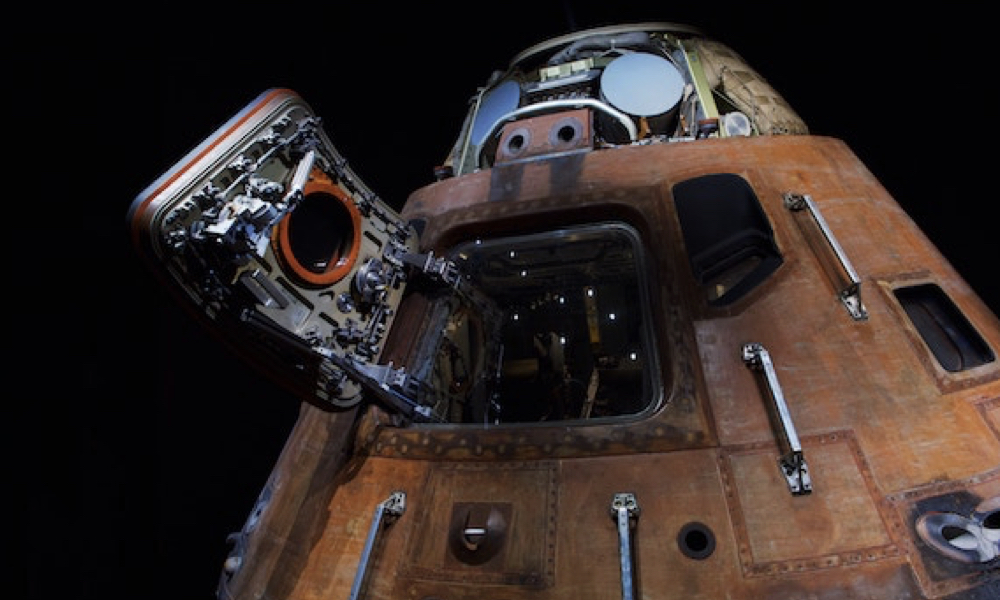
PROJECT TITLE: Magnets made by nanocompositesmaterials used in high speed electric motors manufacturing – nMAT
Coordinator: National Institute for Research and Development in Electrical Engineering ICPE-CA Bucharest
Partners: SC ROSEAL SA Odorheiu Secuiesc
Period: 29 November 2013 – 29 November 2016
Project director: Mirela Maria Codescu
Project team: The structure of research team is adapted to the interdisciplinary, complex work, which must be performed in nMATproject. The research team of the nMATproject includes specialists in Physic of Solid State, Chemistry, in Materials Science and Engineering, in Mechanical and Electrical Engineering, in Design and also in Intellectual Property Rights,their specialisationscovering the entire topic of the project.
Description: The solution for a cleaner transportation, as well as a necessity of increase in connectivity, have led to a tendency for electrification, therefore, in terms of aviation, to the development of MEA (MoreElectric Aircraft) architecture –an advanced concept for building the aircraft of the future, where electrical generators are much more powerful than today. So their corresponding mass increase can be a drawback for future aircraft MEA architectures. The need for novel soft magnetic alloys, with improved magnetisation, temperature capabilities and mechanical strength, constitute the major requirement in numerous electrical machines and actuator applications, aerospace and other related application fields. The new soft magnetic materials withincreased strength, at the same magnetic performance, can lead to a reduction in power system size and weight, and finally, to the improvement in electrical efficiency.
The nMATproposal approach and will solve the above technical and scientific problems using an inexpensive new method to build chemically thenovel desired materials. In this way, will be created microstructures with entirely new properties, which are up to now unaffordable with the current classical engineering techniques. The processing technique will be more facile than the metallurgical processing of the manufacturing process of metallic laminated soft magnetic cores and so, the fabrication costs will be diminished.
Project objectives: The main technical objectives are related to the realisationof a new soft magnetic material, with improved magnetic, electrical and mechanical properties:?identificationof new type of soft magnetic nanocompositesand of appropriate ways of their preparation;?increasingof magnetisationat saturation;?improvementof electrical resistivity;?decreasingof magnetic losses;?improvementof mechanical strength for the bulk sized components, compared with the currently available Fe-Si alloys, used as metallic punched sheets for the building of the magnetic cores. In the case of the novelproposed Fe-Co/Al2O3based nanocompositesmaterials it is expected to possess higher values for magnetization at saturation, higher permeability, electricalresistivity, Curie point and lower power losses in the dynamic magnetization process, than the currently commercialized Fe-Si alloys.
Activities:
- Phase 1. Definition of new soft magnetic materials, core-shell type (15.12.2013)
- Phase 2. Synthesis and complex characterisation of new magnetic materials(15.12.2014)
- Phase 3. Functional characterisationof new magnetic materials (15.12.2015)
- Phase 4. Realisation of 2 demonstrators (29.11.2016)
Contributions to the STAR programme objectives: ProgrammeThe nMATproject proposed and will develop new magnetic materials for the rotating machines, with superior magnetic performance, more efficient, and more resistant to mechanical challenges. This nMATgoal overlaps the following objectives of STAR Programme, concerning the S1 –RESEARCH module:??identification of technological and industrial research niches, at national and European level; ??development and promoting of the national research and industrial capacity, in space and security field, aeronautics and other related domains;??improvement of conections (interaction and collaboration way) between the research and industrial entities.
Homepage: nMAT
